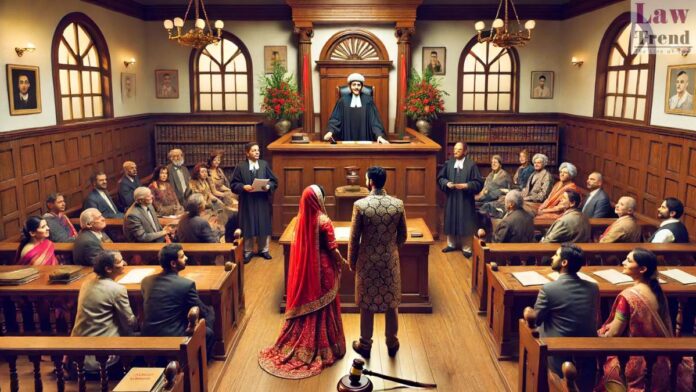The Kerala High Court has ruled that no offense of bigamy is committed when a person enters into a second marriage during the subsistence of an ex-parte divorce decree from their first marriage, even if that decree is subsequently set aside. This significant judgment was delivered by Justice A. Badharudeen while hearing two criminal miscellaneous
To Read More Please Subscribe to VIP Membership for Unlimited Access to All the Articles, Download Available Copies of Judgments/Order, Acess to Central/State Bare Acts, Advertisement Free Content, Access to More than 4000 Legal Drafts( Readymade Editable Formats of Suits, Petitions, Writs, Legal Notices, Divorce Petitions, 138 Notices, Bail Applications etc.) in Hindi and English.




